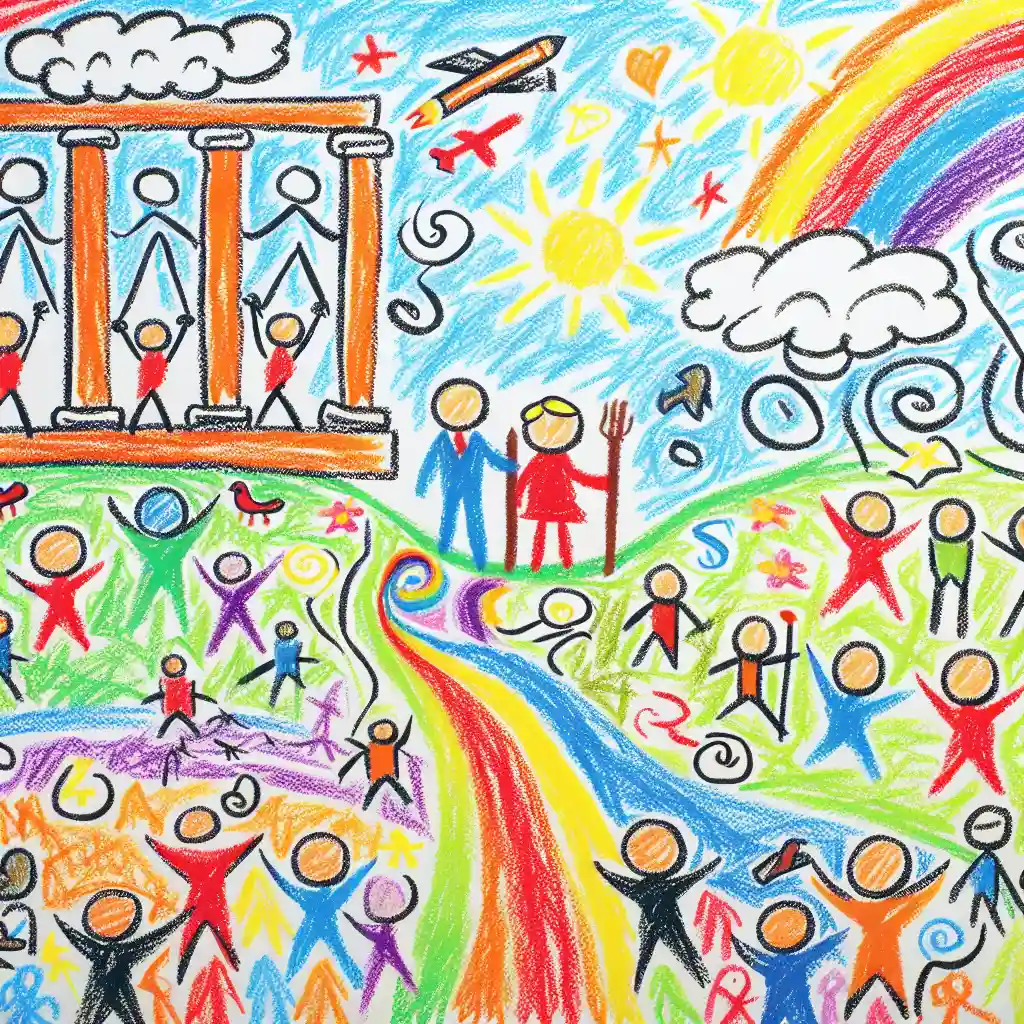A look at the shifting roles within government under President Trump

Explain Like I'm 5
Imagine if your family decided one day that your mom, who usually cooks, will now fix the car, and your dad, who fixes things, will cook dinner. It might be a bit messy and confusing at first, right? Well, that's a bit like what's happening in the government right now under President Trump. Some people in the government who used to do one job are now doing different jobs. This has made some people happy and others not so much, because it's like learning how to do things all over again or figuring out who's supposed to do what.
Explain Like I'm 10
In the government, just like at school, everyone has a specific role or job to do, like how teachers teach and principals manage the school. Under President Trump, some of these roles are changing. For example, the person who used to be in charge of making sure the environment is protected might now have a different job, and someone else takes over that role who used to do something else. This has caused a bit of a stir in Washington, D.C., because it's not always clear who is supposed to do what. Some people think these changes could be good because they bring new ideas, but others are worried that it might cause problems if people aren't sure about their new roles or if they're not the best fit for their new responsibilities.
Explain Like I'm 15
In any government, the distribution of roles and responsibilities is crucial for smooth operation. Under President Trump, there's been a noticeable shift in who handles what within the federal government. This isn't just about swapping positions; it's about changing the focus and priorities of different departments and agencies. For instance, agencies that were once very focused on issues like climate change or civil rights might now prioritize other issues.
This reassignment of roles can lead to tension and confusion among the public and within the government itself, as stakeholders and employees adjust to new directives and leadership styles. It's a significant shift that could reshape how effective the government is in addressing various issues, depending on how well these new roles align with the skills and experiences of the appointed individuals. The broader implications could affect everything from environmental policies to how civil liberties are protected. This change is part of an ongoing debate about the best way to manage a country's many needs and challenges, reflecting differing philosophies about the role of government and the best strategies for governance.
Want to read the original story?
View Original Source